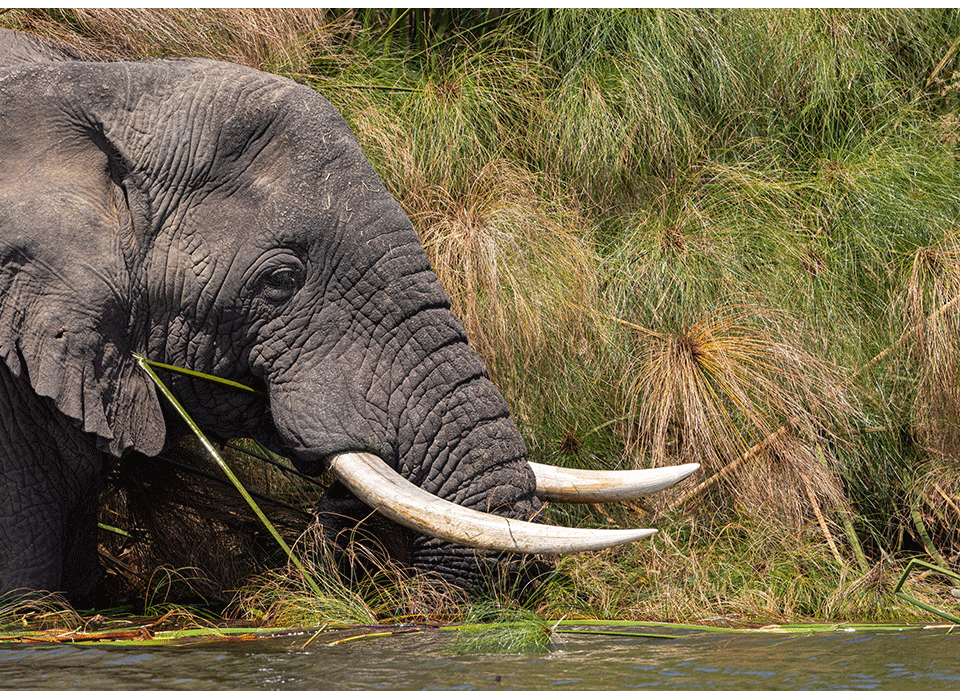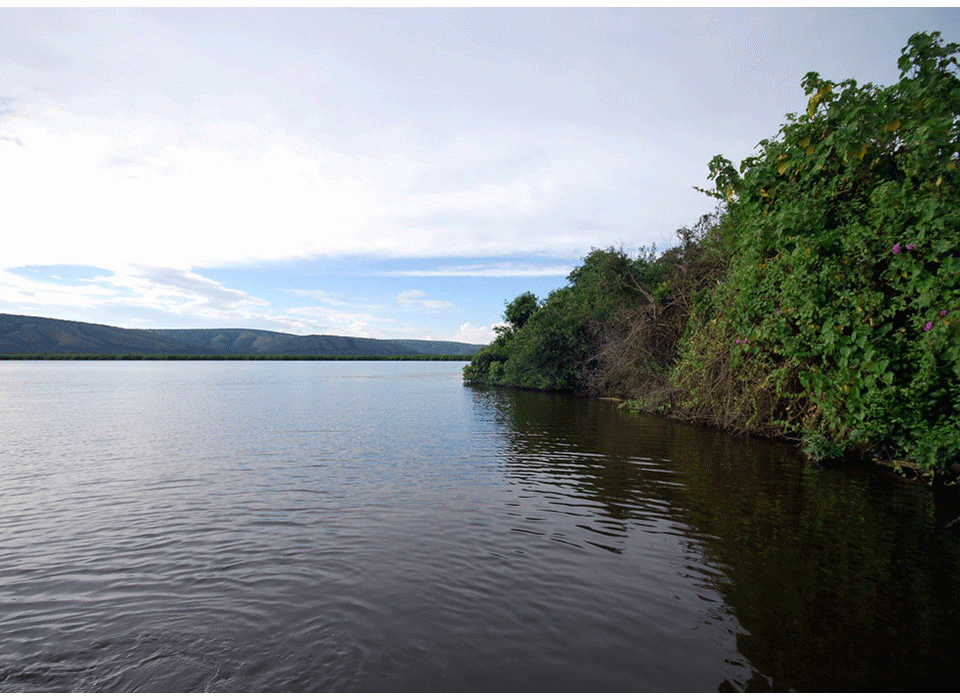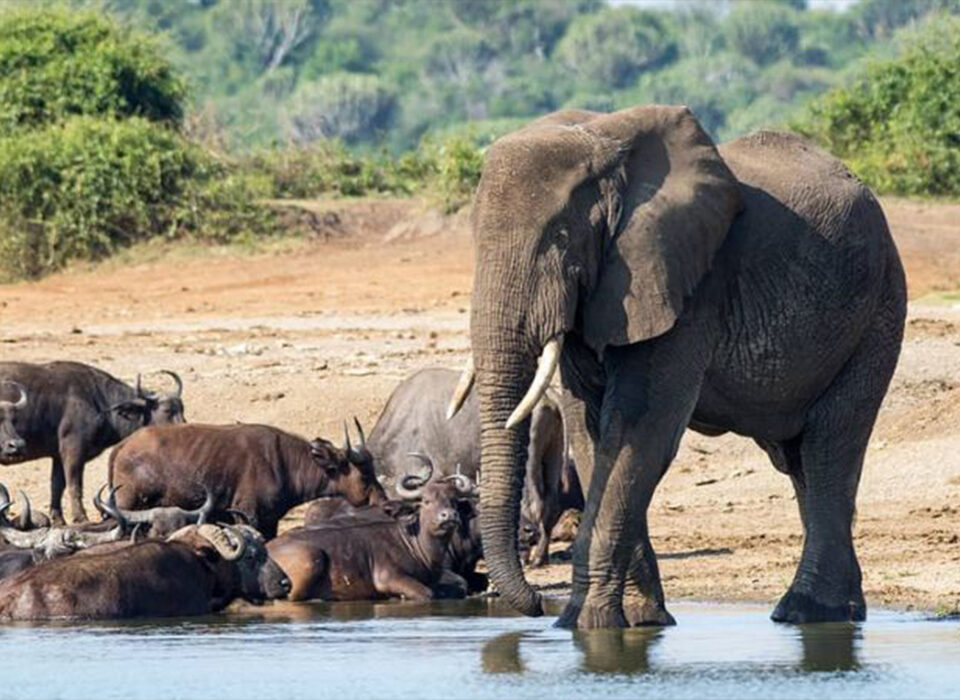
How Strong Is Wi-Fi in Lodges?
November 6, 2025
Is Kampala traffic as bad as people say?
November 10, 2025Should I Bring Cash for Remote Areas?
When planning a trip to the wild corners of East Africa, one question that inevitably crosses every traveler’s mind is whether to carry cash for remote destinations. The world is increasingly digital, but cash remains an essential companion when you step off the beaten path—especially in the untamed landscapes of Uganda, Rwanda, Kenya, and Tanzania. While cities like Kampala, Kigali, Nairobi, and Arusha embrace mobile payments and card-friendly systems, the experience shifts dramatically once you venture into the countryside, national parks, and small communities. This is where carrying cash isn’t just convenient—it’s necessary.
Understanding How Payments Work in East Africa
In urban centers, you’ll find ATMs, card machines, and mobile money platforms like M-Pesa, MTN Mobile Money, and Airtel Money almost everywhere. Major hotels, restaurants, and supermarkets accept Visa or Mastercard. However, when you start exploring rural areas such as Bwindi Impenetrable National Park, Volcanoes National Park, or the remote lodges of the Serengeti, cash suddenly becomes the main form of exchange. Connectivity issues and power outages often interfere with mobile networks and card machines, leaving cash as the only reliable method for payments.
In many of these remote destinations, even park entry fees or community tips are handled in cash. While some lodges and safari companies may allow prepayment online, smaller service providers—such as local guides, porters, craft vendors, or food stalls—usually depend entirely on cash transactions.
Why Cash Still Matters in Remote Regions
Traveling through Africa’s wild heartlands gives you a chance to experience communities untouched by heavy modernization. But this also means that infrastructure, including financial systems, can be limited. Villages surrounding mountain gorilla habitats or national reserves may not have banks or ATMs within a hundred kilometers. Internet coverage can also be patchy, making card payments unreliable.
Cash enables you to purchase local souvenirs, contribute to community projects, or show appreciation through tipping. Imagine completing a once-in-a-lifetime gorilla trek and wanting to thank your porter who helped you navigate muddy trails. In such moments, cash is the only way to express gratitude. It becomes more than a financial tool—it becomes a bridge of connection between traveler and local.
Moreover, small cash transactions can significantly impact the livelihood of local people. Buying fruit, water, or handcrafted items directly supports families who rely on tourism income. Without cash, these microeconomies lose a vital source of revenue.
How Much Cash Should You Bring?
The right amount depends on your travel style and itinerary. For safaris and treks, consider allocating at least USD 100 to USD 200 for incidental expenses over a few days in remote areas. Most mid-range or luxury lodges include meals and park fees in advance payments, but you’ll still need cash for tips, local markets, or any unforeseen costs.
If your trip spans multiple destinations—say, from Entebbe to Bwindi and then across the border to Volcanoes National Park—each region may have unique needs. Rwanda and Uganda both accept the US dollar widely in tourism zones, but ensure your notes are new (issued after 2009) and without damage. Older or torn bills are often rejected. For small purchases, local currency like Ugandan Shillings or Rwandan Francs will make your transactions smoother.
Always exchange money in reputable forex bureaus or at airports rather than through street dealers. For large conversions, banks offer better security though rates might be slightly less favorable. Avoid carrying excessive cash in one place—split it into smaller amounts stored safely in different compartments or bags.
Balancing Cash and Cards
While cash is essential, relying on it entirely isn’t ideal. A balanced mix of cash, cards, and digital options offers the greatest flexibility. Carry a Visa or Mastercard for hotels and larger cities, but have enough cash to sustain you when systems go offline in the wilderness. Prepaid travel cards can also serve as a secure backup.
Remember that most ATMs in Uganda, Kenya, and Tanzania dispense only local currency and may charge a withdrawal fee. Always inform your bank of your travel plans to avoid card blocks triggered by foreign transactions.
For travelers staying in remote safari lodges, it’s best to withdraw cash in the nearest town before heading deep into the parks. For example, travelers going to Bwindi should plan withdrawals in Kabale or Kisoro, while those bound for Masai Mara can do so in Narok.
Safety Tips When Carrying Cash
Carrying cash requires mindfulness. Use a money belt or neck pouch that can be concealed under your clothing. Avoid displaying large amounts in public, especially in crowded transport hubs. Keep daily spending cash separate from your reserve funds so you only expose what’s necessary.
In lodges and hotels, use safes when available. Most reputable safari accommodations provide secure lockers for guests. Avoid leaving money unattended in your luggage or tents.
When exchanging or withdrawing cash, do so during the day and in safe, busy areas. If you must visit a forex bureau, go with a trusted driver or guide. They often know which places are reliable and which to avoid.
Cultural Etiquette and the Use of Cash
Cash transactions also intersect with local culture. In many African communities, tipping carries deeper significance than in Western societies—it represents respect and appreciation. Porters, trackers, and local guides rely heavily on tips to support their families. A small gesture like five or ten dollars can go a long way, especially in rural economies.
Additionally, some cultural centers and village tours encourage voluntary contributions to support schools or conservation projects. These donations are typically made in cash. Being prepared ensures you can participate meaningfully without inconvenience.
When Cash Isn’t King
There are rare cases where carrying too much cash can cause problems. Border crossings, for example, may have regulations about large undeclared amounts. Always check the declaration limits for each country. Furthermore, some high-end lodges discourage excessive tipping or cash exchanges on-site to maintain discretion and uniform guest experiences.
Another challenge arises with counterfeit notes. Always inspect your cash when exchanging, especially with street vendors. If possible, break large notes at trusted hotels or tour offices.
Digital Alternatives on the Rise
While cash remains vital, digital innovations are slowly expanding into rural Africa. Mobile money systems such as M-Pesa (Kenya), MTN Mobile Money (Uganda), and Airtel Money (Rwanda and Tanzania) are becoming part of local life. These platforms allow users to send or receive money, pay for services, and even top up airtime without physical cash.
For travelers, though, these systems often require a local SIM card and registration, making them more suitable for long-term visitors or expatriates. Nonetheless, the convenience of paying for fuel, market items, or boda-boda rides using a mobile wallet shows the region’s gradual shift toward a cashless future. Until then, physical currency remains your best companion for remote travel.
Final Thoughts: The Traveler’s Balance
Bringing cash for remote areas isn’t about distrust in technology—it’s about practicality. The African wilderness, with its awe-inspiring beauty and rustic charm, often lies beyond the reach of modern systems. Whether you’re trekking to see mountain gorillas in Bwindi, exploring the plains of the Serengeti, or visiting Maasai villages, having cash ensures seamless interaction and respect for local ways of life.
Cash gives you independence in places where the card machine may fail or the signal may disappear. It connects you with local communities in an authentic way—paying directly, tipping kindly, and contributing meaningfully. While you should balance your funds across various payment methods, cash remains an indispensable travel tool in Africa’s most enchanting and remote destinations.
Why You Should Travel with Experiya Tour Company
Exploring Africa’s hidden corners becomes effortless when you travel with a company that understands every detail of local logistics. Experiya Tour Company has mastered the art of navigating East Africa’s remote landscapes with expertise and reliability. From arranging safe cash exchange points to advising on local tipping etiquette, Experiya ensures travelers are fully prepared. Their professional guides assist with everything from currency handling to border crossings, ensuring your adventure remains worry-free.
With Experiya, every journey—from the bustling cities to the untouched wilderness—flows smoothly. They understand not just where the roads lead, but how to make every traveler feel confident, secure, and connected. When planning your safari or mountain adventure, book with Experiya Tour Company and experience travel with the assurance of expert care, authenticity, and unforgettable service.




